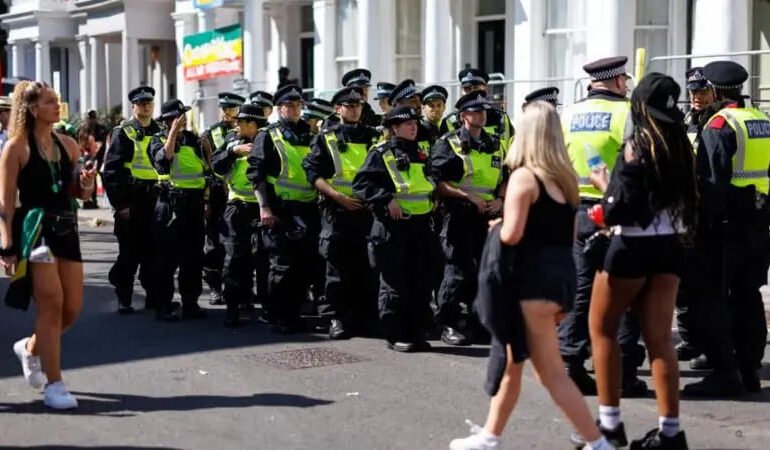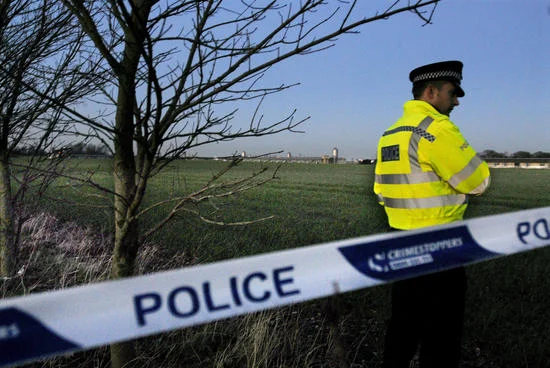
Nigel Farage has set out a five-year programme to detain and remove people who arrive in the UK without permission, saying the approach would “stop the boats” within days. However, skeptics have questioned the Reform UK small boats plan. At a launch in Oxford, the Reform UK leader said anyone arriving by small boat would be barred from claiming asylum, with the government striking returns deals with origin or transit countries under a package branded Operation Restoring Justice. The party says it would allocate £2bn to secure agreements, offering aid as an incentive and using sanctions where states refuse to co-operate.
Mr Farage described illegal migration as a “scourge” and argued that automatic detention and removal is the only credible deterrent. Under the blueprint, new arrivals would be arrested on landing and held at disused RAF or other military sites while arrangements are made for removal. Reform UK says it would expand detention capacity by 24,000 places, withdraw from the European Court of Human Rights system, repeal the Human Rights Act and “disapply” international treaty obligations, including the 1951 Refugee Convention — for five years. For background on the Convention system see the European Court of Human Rights: and for the treaty’s scope see UNHCR’s overview.
UK News — More from EyeOnLondon
Clear reporting on money, justice and heritage across the country.
Council debt to be paid off by selling assets
What a disposal plan means for local services, ratepayers and long-term spending.
Read the storyMore UK News
Lucy Connolly release — what we know
Key details on the case, community reaction and what happens next within the system.
Read the updateMore UK News
Woolton Hall fire devastates Grade I-listed manor
How the blaze unfolded, why the building matters, and what preservation might involve.
Read the reportMore UK News
The party says removals would include countries such as Afghanistan and Eritrea, alongside a voluntary departure scheme offering £2,500 and paid flights. Government guidance on how voluntary returns operate is published here. For context on facilities and oversight, the Home Office maintains information on immigration removal centres.
The Reform UK small boats plan would require significant legislation and a network of partner countries willing to accept returns. Critics say legal challenges are likely; supporters argue clear penalties and incentives could accelerate deals. Small-boat arrivals have pushed asylum numbers higher in recent years, adding pressure on accommodation and casework. For official data on crossings and claims, see the government’s statistics and the immigration statistics quarterly release. An academic overview of Channel routes is available via the University of Oxford’s Migration Observatory.
Reform UK contends that clear detention on arrival, rapid processing and swift removal would reset expectations among people-smuggling networks and reduce crossings. Opponents highlight practical barriers, from detention capacity to the feasibility of mass returns where civil conflict or rights concerns exist, and question whether Parliament and the courts would accept the necessary derogations. As set out, the Reform UK small boats plan marks a firm dividing line: a hard stop to asylum claims made after crossing the Channel, coupled with large-scale detention and removal.
For more independent coverage of crime, justice and policy, follow EyeOnLondon. We’d value your thoughts in the comments.
[Image Credit | East Anglia Bylines]
Follow us on:
Subscribe to our YouTube channel for the latest videos and updates!
We value your thoughts! Share your feedback and help us make EyeOnLondon even better!









